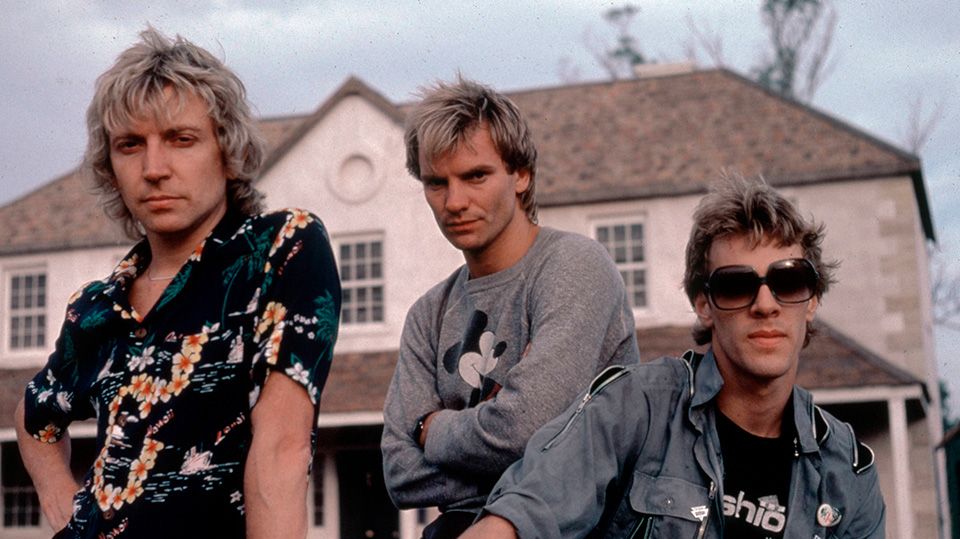
He might be inextricable from the profoundly experimental spirit of the 1960s and the formative years of metal, but Ritchie Blackmore has been an ever-present in music since he first broke out with Deep Purple. He’s one of the only stars of his generation who have managed to keep going and continue to artistically evolve, finding success despite changing times and listener tastes.
The fact that he has remained on his perch throughout music’s metamorphosis since his world-beating heyday means Blackmore has seen the world of popular sonics and culture change significantly. While he might have experimented with many genres—ranging from prog to medieval—he’s also witnessed a few musical zeitgeists arrive that he loathes.
It all began with the profound upheaval brought about by the punk movement. With Blackmore’s generation squarely in its sights, the punks viewed these established rock icons as emblematic of a bloated, out-of-touch era that had dominated for too long. They saw these classic rock figures as a reflection of the broader societal malaise and set out to dismantle their reign, ultimately succeeding in toppling them and shifting the cultural landscape. Classic rock was no longer cool, and many of its leading figures struggled as they navigated the end of the 1970s and the dawn of the 1980s. The post-punk movement continued to invigorate music, driving it further away from the days of ‘Smoke on the Water’, ‘Stairway to Heaven’, and the archetypal rockstar behaviour that had once defined the genre.
As a testament to Blackmore, during the post-punk era, he moved Rainbow from being a hard rock band to a group focused on melody, heavily using synthesisers, as typified by the 1983 single ‘Street of Dreams’. Yet, although Blackmore would later dub that song his favourite by Rainbow, as it represented him finally pushing into the creative area that he’d always wanted to – and the fact it moved the band along in line with the poppy mainstream rock stylings of the era – during this period he hated what had happened to music. The outspoken guitarist blamed one group for this: The Police.
Although Sting, Andy Summers and Stewart Copeland’s band had split up the year prior, in 1987, Blackmore spoke to Metal Hammer and outlined his pure hatred for the ‘Roxanne’ group and their polished, tricky licks. When he was asked whether he had doubts about the success of Deep Purple’s 1984 reunion, he then took the opportunity to reveal that he realised the group were on the right track due to The Police changing music for the worse.
He said: “I think it was on the first part of the tour, in Australia. I suddenly realised that there was a gap for this type of music because only ZZ Top were doing that aggressive stuff. Everyone was playing like The Police. And can I state here that I hate The Police?”
“There just wasn’t a band playing that earthy kind of rock. Our music isn’t contrived, and there isn’t that sheen of gloss,” Blackmore continued. In making that comment about the plastic nature of rock music following the emergence of The Police, he was reminded of a remark from bassist Roger Glover. He maintained that groups like Deep Purple will always exist because the world needs them as an answer to the likes of the ‘Walking on the Moon’ outfit.

Blackmore’s perspective is certainly intriguing. While The Police were undeniably one of the most popular bands to emerge from the post-punk era, few, aside from the former Deep Purple legend, would claim that they single-handedly redirected the course of rock in the 1980s after their 1978 debut, Outlandos d’Amour, and their subsequent evolution into more artful and, at times, pretentious territory. Although 1983’s global hit ‘Every Breath You Take’ did contribute to the growing appetite for a fusion of clean-cut new wave and soft rock, The Police were just one piece of a much larger puzzle. The broader trend included influential acts like Talking Heads, the entire New Romantic movement, and groups like Simple Minds, all of whom played significant roles in shaping the musical landscape of the 1980s.